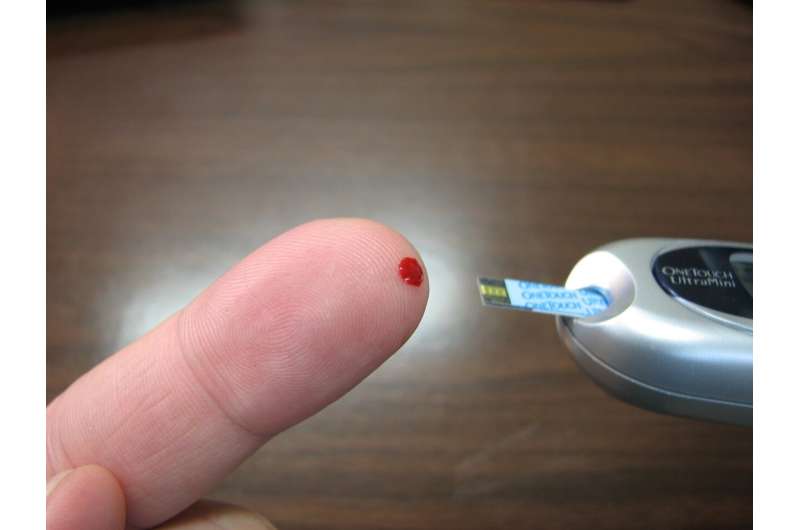is doxycycline used for bronchitis

A new BMC Health Services Research study from the University of Eastern Finland indicates that the COVID-19 pandemic has seriously affected health care service usage among patients with type 2 diabetes in North Karelia, Finland, but essential care was continuously provided. The delivery of many essential services was facilitated by processes that strongly relied on telemedicine already before the pandemic.
The outbreak of COVID-19 has challenged health care systems and their ability to deliver essential health services. While social distancing measures avoided spreading the virus, they conflicted with good diabetes management, which requires regular follow-up visits to manage the disease and its complications.
In Finland, the government imposed a national lockdown on 16 March, lasting until mid-May 2020. This study used electronic health records to compare health care usage in the region of North Karelia in three different periods in 2020—before, during, and after the lockdown—with the equivalent period in 2019.
In 2020, green tea diet plan in urdu type 2 diabetes patients sought significantly fewer diabetes- and dental health-related primary health care services than the year before the pandemic, with the most significant reduction during the lockdown period. Emergency visits in specialized care dropped significantly during the lockdown period as well, but quickly recovered during the post-lockdown period, reaching the same volume as in 2019.
The high proportion of patients using remote services for diabetes management cushioned the drastic decline in face-to-face appointments—also among elderly patients aged 70 years or older. The proportion of remote consultation among all diabetes-related contacts increased from 56% before the pandemic to 88% during the lockdown period in 2020. Therefore, overall contacts were only 9% fewer in 2020 compared with 2019, while appointments halved.
“The pandemic has highlighted the importance of digital health care solutions,” says Early Stage Researcher Laura Inglin from the University of Eastern Finland. “In Finland, patients have been able to receive new prescriptions, referrals for examinations, medical opinions, self-care instructions, and lifestyle guidance to monitor and control long-term diseases remotely already for some time. That was a great asset during the pandemic.”
Source: Read Full Article
